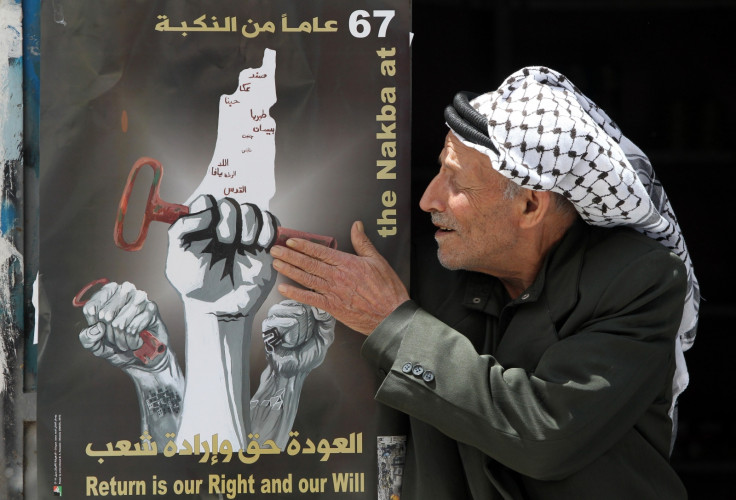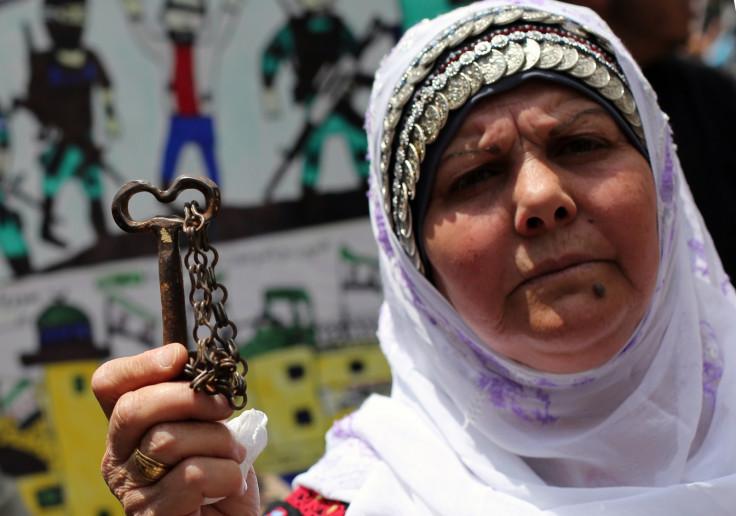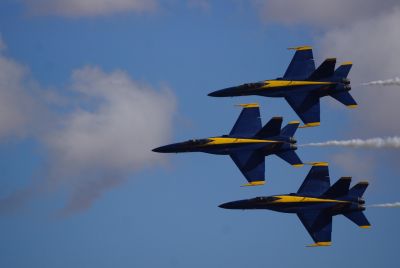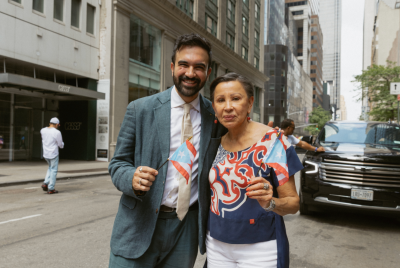What does al-Nakba Day mean for Palestinians?

At the entrance to the sprawling al-Aida refugee camp that lines the largest sections of the fortified concrete wall that divides Bethlehem from Jerusalem, a huge metal key covered in scrawled graffiti sits above the massive concrete arch.
It signifies the right of return for 700,000 Palestinians who either fled or were forced to leave land that became part of Israel in 1948 for Jordan, Lebanon, Syria and the Gulf and their descendants - now numbered at up to eight million - who live across the world.
The significance of the key is no more potent than on 15 May, which has long been commemorated by Palestinians in both Israel, the West Bank and Gaza as well as overseas. Palestinians call 15 May 1948 – the day after the declaration of the Israeli state – al-Nakba, meaning "the catastrophe", and hold protests and events both at home and in the diaspora.
In the past, commemorations of the Nakba tended to be muted, private affairs, marked by families and friends but not on any major organised scale inside Palestine or Israel. That changed in 1988 with the outbreak of the First Intifada and was formalised by Yasser Arafat in 1998, who set aside the 15 May as a national day of remembrance for Palestinians.

On the evening before that first Nakba Day, the then-Prime Minister Benjamin Netanyahu said: "Israel was not responsible for the Palestinian tragedy, their leadership is," Ha'aretz reported. Now, 17 years later, Netanyahu is back in power in Israel and Palestinians prepare to celebrate the 67<sup>th anniversary of the Nakba.
The most violent year of demonstrations and Israeli reprisals came in 2011, when Palestinians in Lebanon and Syria marched towards the Israeli border in protest and were fired on by Israeli Defence Forces soldiers. At least a dozen were shot dead. Marches towards checkpoints in Gaza and the West Bank were also met by the IDF and dozens were injured.
In 2014, two teenage protesters were killed in protests to mark Nakba Day outside Ofer Prison near Ramallah. CCTV footage later emerged of a soldier firing on the teenagers and following an international scandal the shooter was arrested. He is still awaiting trial.
Last year was one of the bloodiest yet in relations between Israel and Palestine, with 2,100 and Palestinians and 73 Israelis killed in the brutal summer war against Hamas in Gaza and a series of kidnappings in Jerusalem and the West Bank that saw three Israeli teenagers murdered and a Palestinian boy abducted and burned alive.
Meanwhile, peace talks that were taking place in 2014 between Israeli and the Palestinian Authority seem like a distant memory and the two sides are arguably as far from securing a lasting peace than ever before. Netanyahu's right-wing government – which contains a number of outspoken opponents of any form of Palestinian state – and rising anger towards the PA from rank and file Palestinians mean that this shows little chance of changing.
In light of that, 67 years since the beginning of the Palestinian exodus, Nakba Day will look to Palestinians to be as relevant as ever.
© Copyright IBTimes 2025. All rights reserved.






















